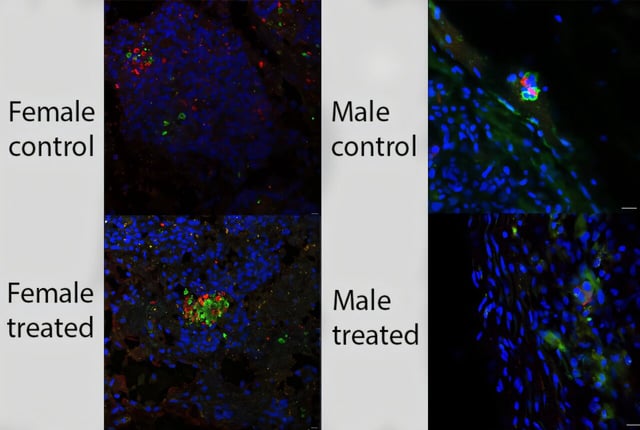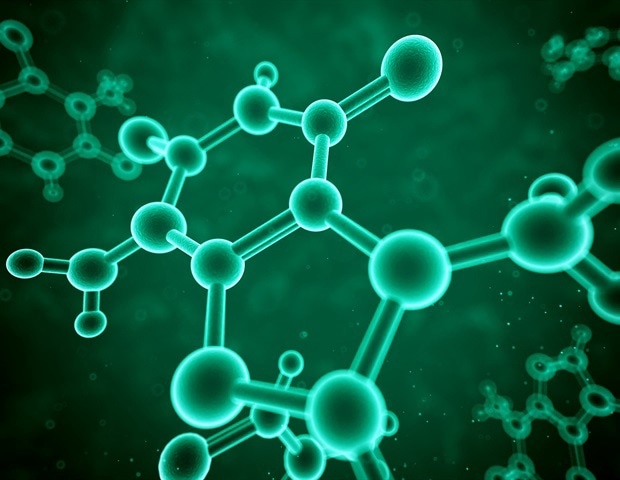Overview
- The study leveraged ChemPerturb-seq, an AI-guided screening tool combining barcoded chemical treatments with single-cell RNA sequencing to evaluate multiple small molecules per experiment.
- A three-molecule cocktail—beta-lipotropin, insulin growth factor-1 and prostaglandin E2—boosted subcutaneous islet survival and insulin production in female diabetic mice.
- Researchers identified serotonin and histamine as key additions to the original mix, creating a five-component formulation that restored graft viability in male mice.
- Pretreating islet cells before implantation markedly reduced early post-transplant cell death, potentially lowering the number of donor islets required.
- Future work will use ChemPerturb-seq to screen a library of FDA-approved drugs for novel compounds that support human beta cell survival.

